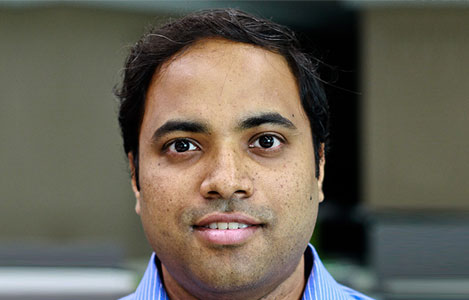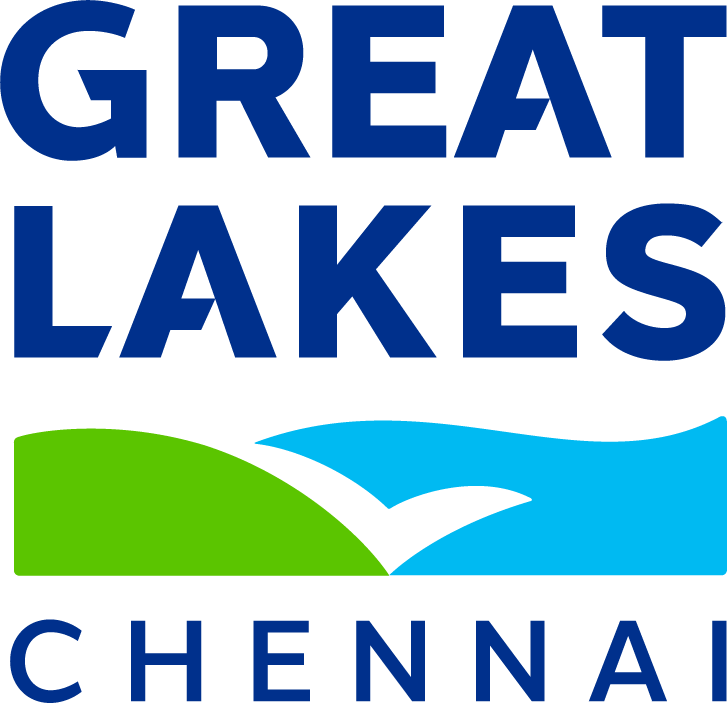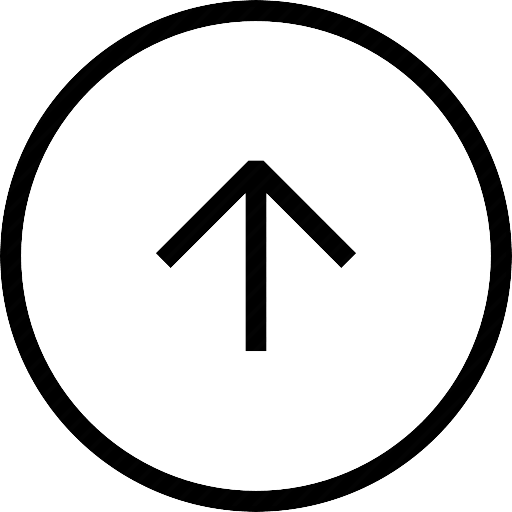
Allen Titto
Head, Business Consulting Group, ZS India,
PGPM’09
Describe your role at ZS India as a Head of Business Consulting Group.
I have a few different hats that I currently wear at ZSAssociates:-
- I am heading the Business Consulting group in India, which accounts for roughly a third of our India team. This role also provides me the opportunity to be a part of the India steering committee responsible for governance and ZS India strategy.
- I also co-lead the growth marketing and customer insights practice areas globally. As a part of this role, I help to broaden our firm experience around gathering the right insights and helping clients with theirlaunches and grow their products successfully.
- Finally, I am responsible for a few client accounts in terms of business development and project delivery. This helps me continue to stay hands-on and sharpen my expertise. The fact that I really like about ZS is that we are very expertise driven and even senior partners are fairly engaged on projects.
What are the key skills required for a business consulting career and how can they be acquired?
Based on my experience, I would say :-
- Strong problem solving -You need to be able to ask the right questions upfront so that you are solving the right problem.
- Strong analytical skills – They help you weed through data to derive the right insights.
- Communication skills - Communicating the findings in a crisp and impactful manner, by weaving in the relevant client context, is just as important for a good consultant.
- Finally build deep expertise and strive to be a thought leader in your area of expertise.
On how to build these skills, I believe key requirements would be a constant willingness to learn and getting your hands dirty. You would build deep expertise only by working hands on and learning about the nuances of the problem across clients. This experience strengthens your problem-solving skills and adds to your repertoire of solutions as well. Building strong communication skills is a journey. Personally, I have learned a lot just listening to partners in the firm articulate and convince clients on a point of view, and I have tried to adopt some of this. Look out for creative ways to present your data; we often want to impress clients with all the work we have done and end up packing our slides with data but often less is more.
Lessons you learnt at Great Lakes and how are they applicable in your consulting profile?
We were blessed with some great teachers at Great Lakes who helped me build a strong foundation on a wide array of business concepts. I loved the concept of experiential learning where most subjects had a project or assignment that helped us learn the practical application rather than just build some theoretical knowledge. The key learnings that stayed with me- firstly, we were randomly assigned into teams and most subjects had a significant weightage on the team projects. This taught us about working with influence, getting the best out of peers, delegation and trust. In leadership roles, many initiatives require support and collaboration across peers, and you work through informal networks rather than direct line of control.
Second, we had certain courses where we had two weeks’ time to prepare final projects while on others, we had 2 days. I quickly learned that you can make a deliverable in 1 week or 1 day. Theeffort you will put in towards both are different and hence expectations on outcomes should be different as well. This flexible mindset has helped me navigate some very tight timelines typical of the consulting world; and helped negotiate and plan for scope and outcomes accordingly.
What is your leadership Strategy?
My leadership style is more about being in the trenches with my team. If you take care of your people and really invest in their growth, you will soon surround yourself with a team who are ready to go the extra mile or take a leap of faith with you on key initiatives. I have also learned that there are multiple paths to an outcome. Hence, to develop a high performing team, discuss the end goals and expected deliverables, but give your team the freedom and trust them to come up with the best approach. They can often amaze you and come up with far better solutions than if they were bottled with only your directions.
Advice for Great Lakers
Firstly, enjoy yourselves. Though the year will seem a grind and test of endurance, you will all come out with flying colours and lot of fun experiences to share. To be successful in the long run, irrespective of the industry you land up in, be open to continuous learning. Be hands-on and build expertise quickly, your goal should be to be the go-to person for one area in your firm. Finally focus on growing your team and grow along with them. All the best!









